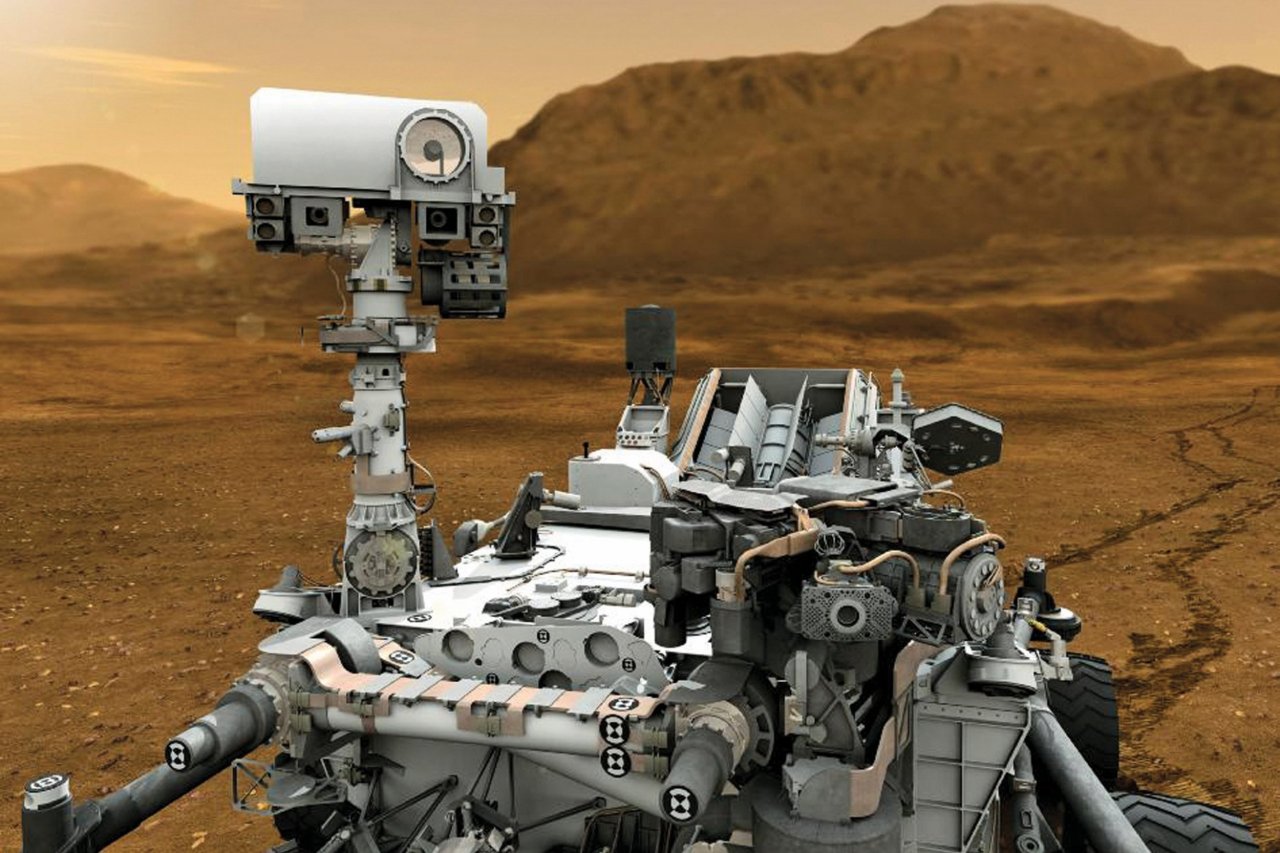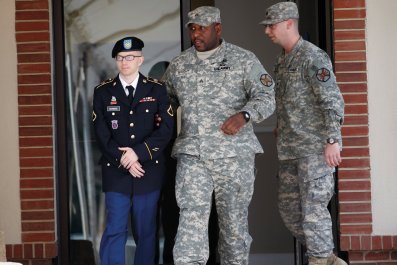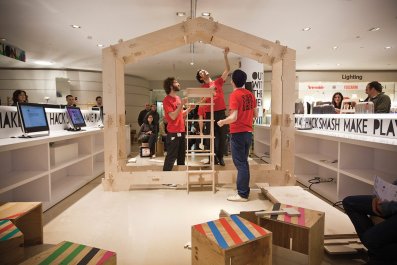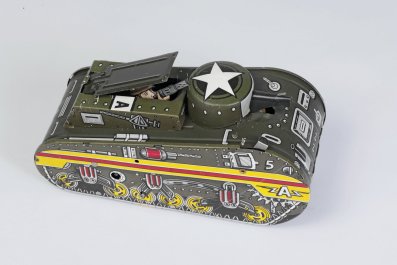IMAGINE HAVING an altercation with a coworker. Now imagine being trapped with that person in a spaceship hurtling toward Mars.
At NASA, scientists have been thinking a lot about the interpersonal friction that affects astronauts on mission—what they term "team risks"—and researchers have now come up with the prototype for a badgelike device that collects data on crew relations, such as "who initiated an interaction, who disengaged from the interaction, [and] vocal intensity during the interaction," according to Steve Kozlowski, an organizational psychologist at Michigan State University, who leads the research.
The device, which also has a heart-rate monitor, is designed to catch what Kozlowski terms "departures from the usual functioning of the team," which is a nice way of describing fighting in space. The data about the astronauts' behavior could be stored in a central computer on the spaceship or sent back to ground control if needed. The project, in the works for three years, just received $1.2 million in funding for another three.
The prototype is being developed with an eye toward future possible missions "beyond a low-Earth orbit," NASA says, where the crew is on what could be up to a three-year journey to an asteroid or planet and radio delays back to Earth could be substantial. NASA likes the idea of the new gadget not only because it would provide potentially revealing information about behavior in space but also because it wouldn't take time out of the crew's busy schedules, says Brandon Vessey, who heads up the "team risk" research at the space agency. And who wouldn't want to head off problems? What if "Astronaut 'A' has been spending a lot of time on [his or her] own," says Vessey. To avoid a potentially destabilizing situation, the commander might do a "training exercise that will help bring the team together." All of which raises the question: do trust falls work in zero gravity?




























